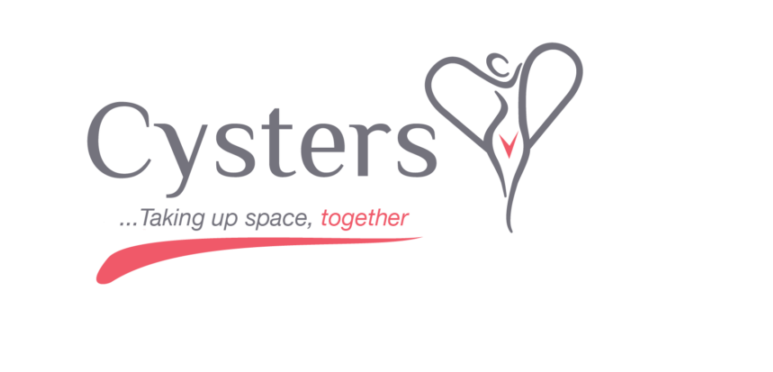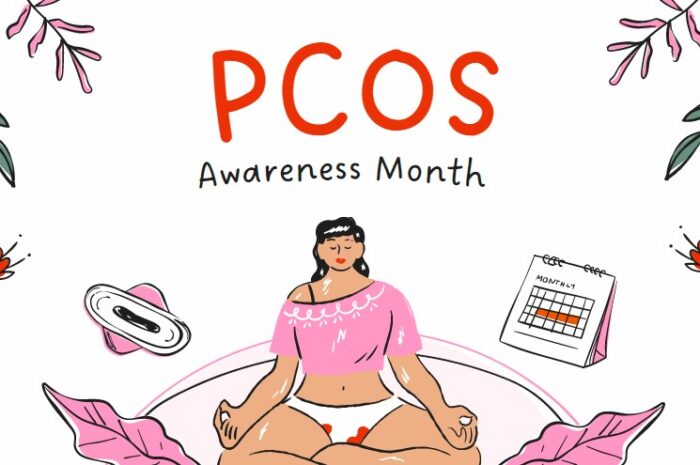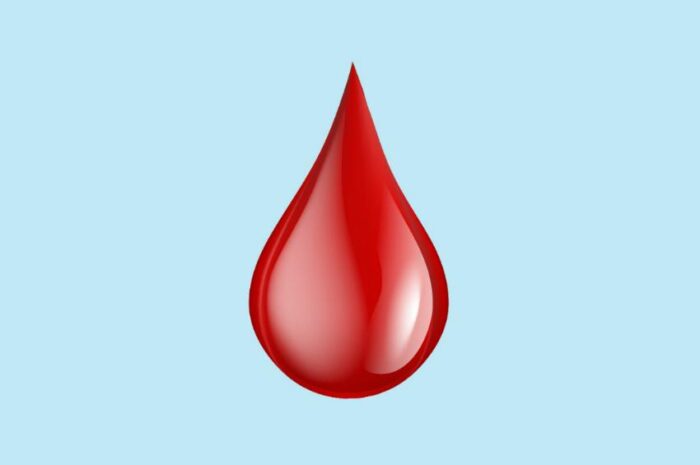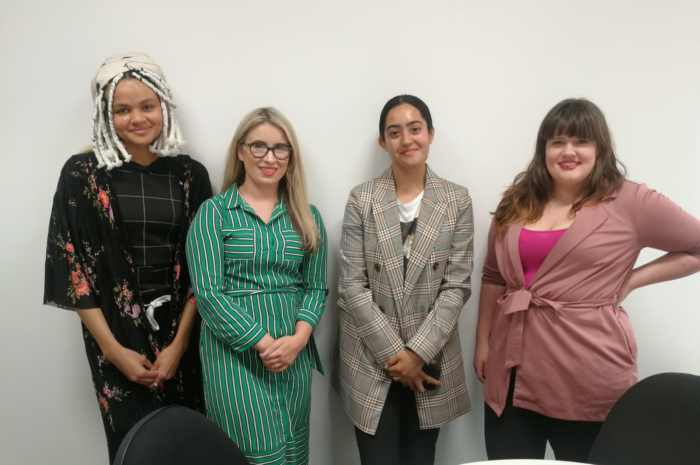
Turning Our Pain Into Their Profit: The Obsession With Trauma Porn and Minoritised Communities
by Nikita Aashi Chadha
If you’ve been following my writing journey, you’ll know by now that I find inspiration from real-life events or interactions with people and medical professionals. They are centred here, in the reproductive health space, with this particular community. I’ve not been a part of it for very long (after being recently diagnosed with conditions in 2018 and 2019), but it has transformed my life. Cysters and specific individuals have supported me in ways I didn’t think were possible. They provided a safe space for me. Somewhere to explore my emotions and to regain the voice that I lose whilst I was fighting for diagnosis and fighting to be seen within the multiple conditions I’ve lived with for the last few years. I’ll always be grateful for that, for the people who I’ve met along the way that have supported me throughout my healthcare journey, and the privilege that I hold that allows me to facilitate this type of healing in the first place.
Despite that, the reproductive health space is one of the most problematic I’ve ever encountered and very much mirrors societal thinking, biases and hierarchies. We live in a world that centres the majority across all intersections; race, class, gender orientation, sexuality, ability, nationality etc. Suppose you exist in the majority for any of those categories. In that case, you’ll hold specific privileges and have more access to resources available to you based on that part of your identity. I.e. if you’re white or white-passing, identify as the gender you were assigned at birth, male, heterosexual, able-bodied, or raised in Europe. Society operates within different systems too; healthcare, education, legal, housing, government, social services etc. and these were historically constructed to keep power and privilege in the hands of the majority. That’s a fact. Differences in treatment, access to services, and medical bias across different racial groups and other intersections have been firmly established and documented for many years.
Diversity and Inclusion (D&I), Intersectionality, Equality – these are all buzzwords. They’ve gained speed and traction over the last few years, but they aren’t representative of their true meaning. The majority has co-opted them. Even calls for more diverse hiring across leadership positions and board appointments have favoured one demographic; white women. The reproductive health space operates similarly. This statement might cause some defensiveness in some people and may feel uncomfortable to acknowledge. Coming to terms with privilege is difficult, especially in instances where we don’t feel privileged. I get that. It’s a natural, human reaction to feel defensive during these conversations. However, centring the majority always conditions us to react to inclusivity in very specific ways; anger, pride, guilt and shame.
Minoritised experiences can only be understood when they’re lived. If you haven’t lived it, we ask you now to listen and stop taking up a disproportionate amount of space. If you have no minoritised people within your teams, or leadership, you are perpetuating saviourism. Each time you confidently take up space where you shouldn’t be, you take that space away from the minoritised, on the basis that you are ‘helping’ us. We’re more than capable of helping ourselves. We would probably do a better job with the time, resources, and funding you feel entitled to accessing on our behalf, without anyone from our demographics within your teams, operations, or planning.
I want to challenge you to look at the reproductive health space with absolute clarity and scrutiny. Where are the minoritised people? Those who are black, brown, transgender (including non-binary), queer, or disabled? Are they in any positions of power, influence, or authority? The answer is no, not usually. The people who uphold those positions generally reside within the majority. We don’t have any actual representation within mainstream organisations or charities in this space. Without Cysters and other organisations that focus on minoritised experiences, we would be completely missing in an impactful way from the discourse and conversations taking place right now. To be minoritised is to walk a line between hypervisibility and invisibility. To be asked to volunteer or give your time and labour for free, whilst others with no lived experience in the majority are paid for their contributions. To be used as a token or a display of diversity by an organisation or institution when you’ve never encountered them before and will never hear from them again—asked to consistently share your trauma without being provided with any aftercare or narrative control.
To those in the mainstream or majority, sharing stories of minoritised people and our traumatic experiences is not enough. We are more than just our trauma. Representation is important, but it has to be driven by us. We will present our nuanced experiences to the world as they are meant to be seen. If we are generally missing from your platform and positions of power within your organisations, sharing random stories of our pain and suffering is not enough. Not when you control the narrative and assume that all we want to speak about are trauma, identity, or pain. This might feel like creating space, but it limits the space we have fought to create for ourselves in many ways. It reinforces the societal narrative that being minoritised assumes the victim position. We are beneficiaries of solutions that were never designed with us or for our direct benefit, and nothing more. This narrative neglects to include our collective power and contributions to this space – where we already provide solutions and plug gaps that society has created by not including us. The EDI (Equality, Diversity and Inclusion) table never offered us a seat or an invitation, so we built our own. We are the change agents, the innovators, the thought leaders. If you’re committed to creating change and you exist in the majority, it has to start with acknowledging that you’re not the expert in our experiences: we are.
There are ways to share our stories and experiences without reinforcing the trauma we’ve experienced: you can share our joy, happiness, and anger. You can spotlight and support our work, our platforms, our representations of ourselves. We need to be seen as complex, nuanced, multi-faceted – rather than pawns within the Oppression Olympics, perpetrators of stereotypes, and reinforcers of the victim narrative that we’ve permanently been assigned since colonialism. Historically, the majority has always felt compelled to save the minoritised. Even when they perpetuate and exist within a system that directly oppressed them (also, we never asked you to do this?!). We aren’t looking for saviours, especially when you can’t conceive the problems we experience. There is an assumption of entitlement to power and space, which is historical, and consistently reinforced through othering tropes and constant exposure to trauma porn. Our pain should be heard and shared if we choose to, but not because you ask us to. Not as a scam, to make you look more inclusive. That is dangerous, performative, and shallow.
If you’re committed to change and not performative allyship, we’ll know by what you’re contributing to the reproductive health space about us, our stories, our nuances. It’s not enough to just feature us on your feed when it suits you or when the associated awareness month rolls around. If we’re generally missing but are suddenly crucial to you or your diversity agenda – maybe ask why you feel entitled to only reach out to us when it’s convenient or profitable to you. You pretend to see us because you need us. When you’re desperate to be seen as an agent of change and believe that we’re your fast-track ticket, but there is no shortcut to unlearning the societal conditioning and narratives assigned to whiteness and the centring of the majority.
The work is not pretty or easy, but it’s necessary.
For some practical tips or pointers, please check out the follow-up response: ‘Allyship 101‘
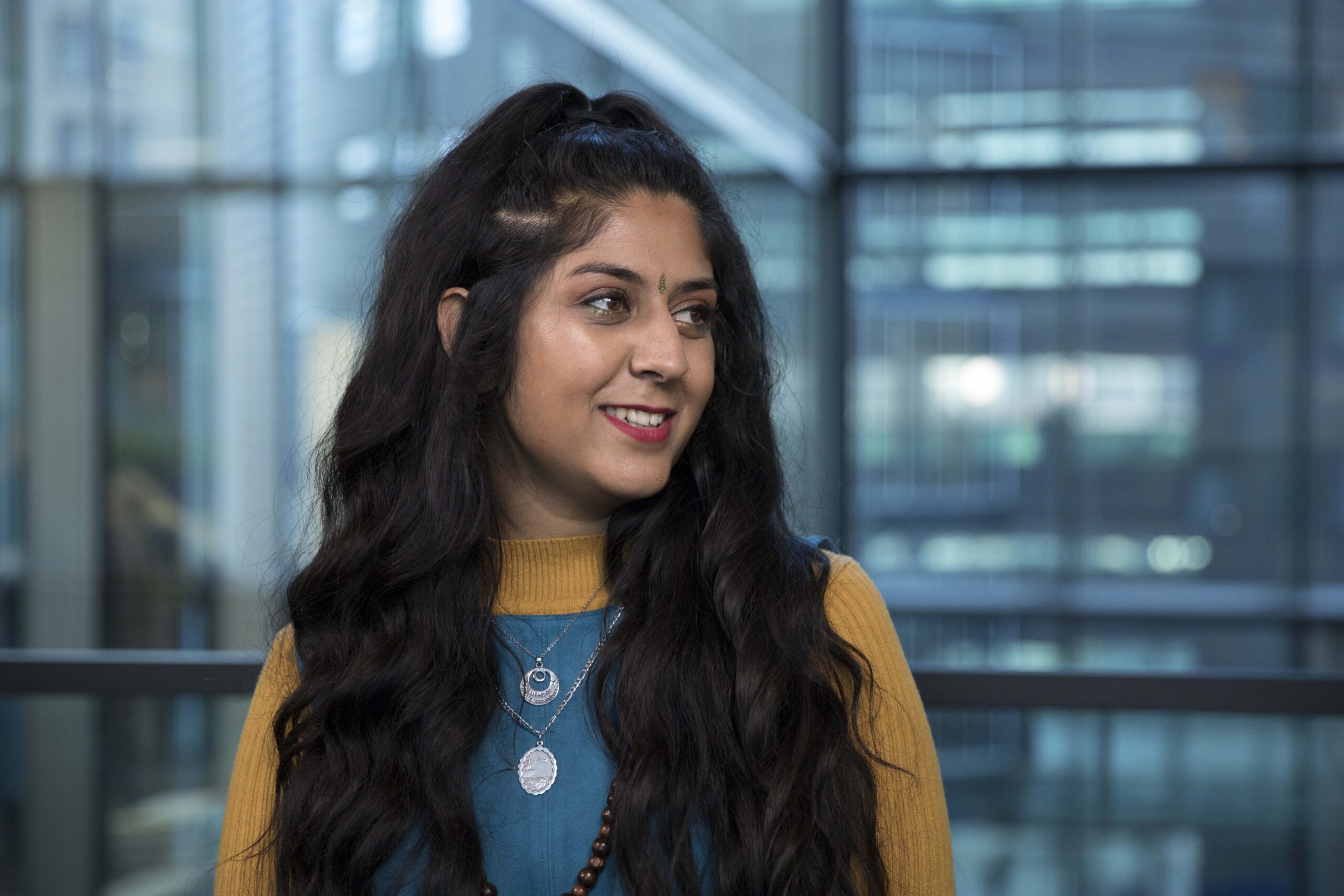
Nikita is a speaker, writer and facilitator for Cysters. They have lived experience of PCOS, Endometriosis, Adenomyosis, Fibromyalgia, Neurodiversity, Anxiety and Depression. Their main interests within the healthcare space are addressing structural and institutional inequalities, whilst advocating for an intersectional lens and approach to be utilised when representing or discussing reproductive and mental health issues.
Nikita is also an avid social commentator, creative and poet.
Instagram: @nikkaayyy_c
Poetry: @didacticdiaspora
